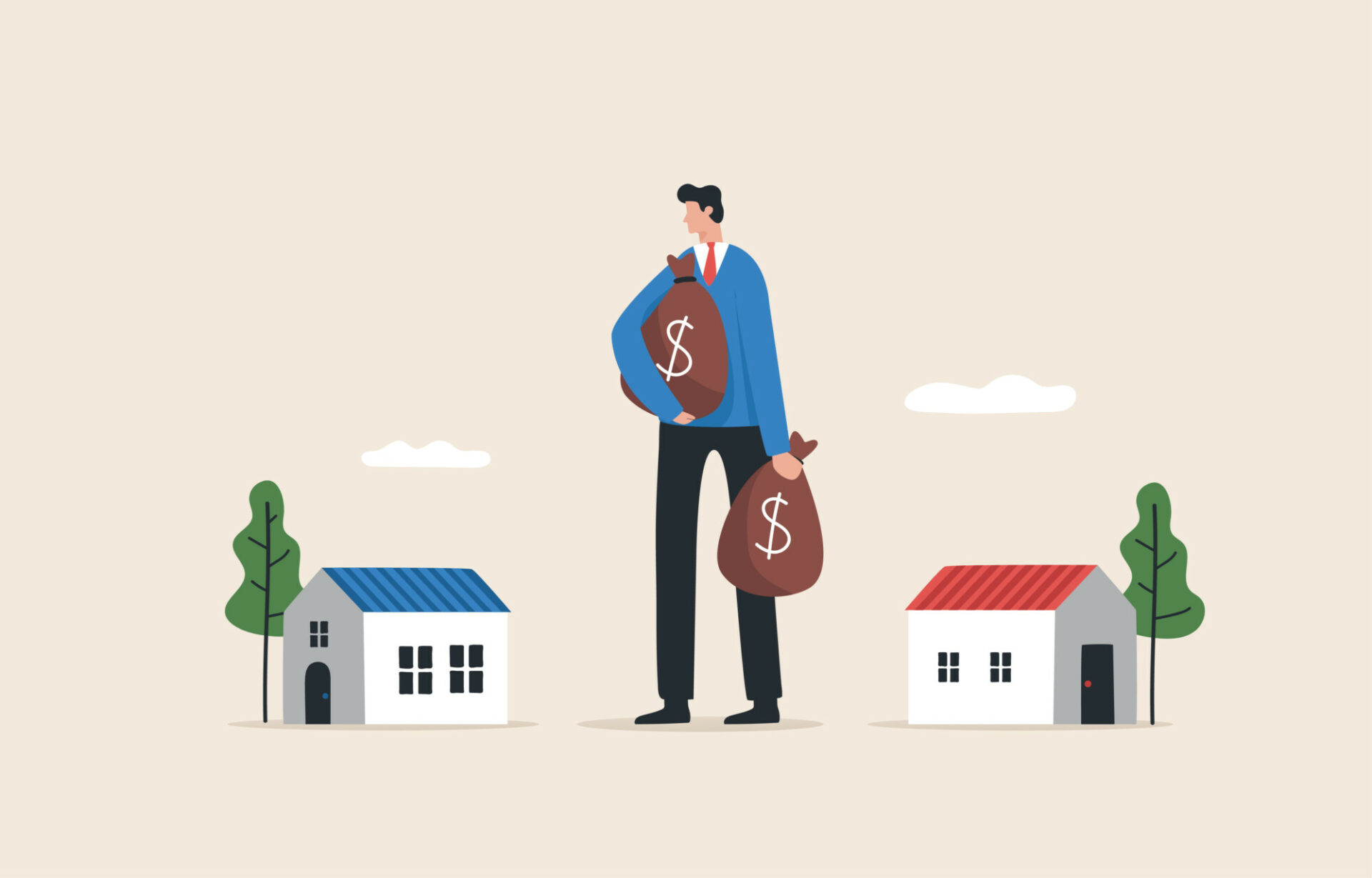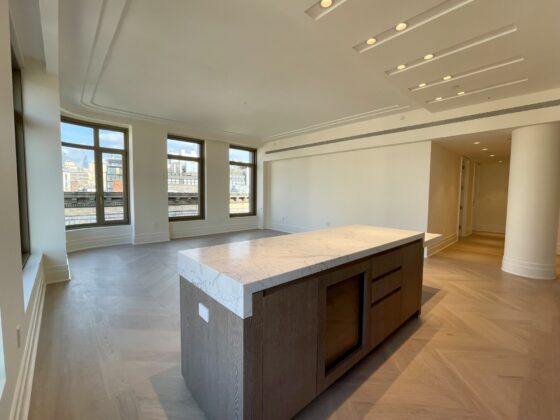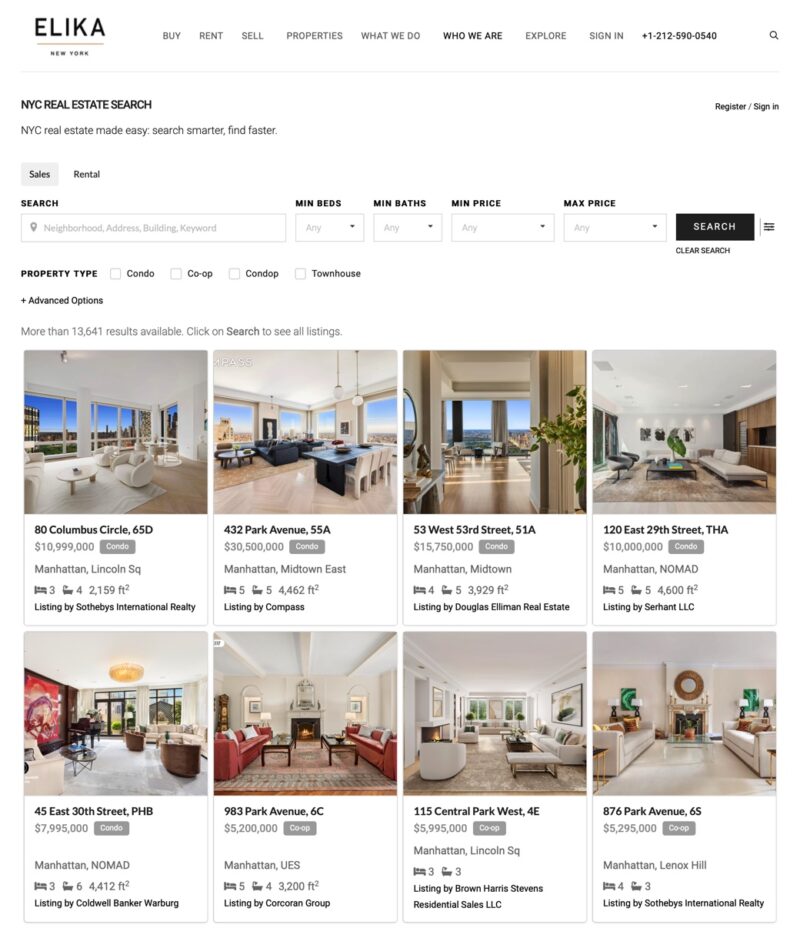Table of Contents Show
The dream of homeownership is one that many people aspire to achieve. Owning a home can provide stability, a sense of accomplishment, and an investment in your future. However, the decision to buy a home should not be taken lightly. It involves a significant financial commitment that requires careful consideration. This comprehensive guide will explore the key factors and steps to help you answer the critical question: Can I afford to buy a home?
Evaluate Your Financial HealthEvaluate Your Financial Health
The first step in determining if you can afford a home is assessing your financial health. Start by examining your income, expenses, and overall financial situation. Consider the following:
- Income: Calculate your monthly take-home pay. Ensure it is consistent and reliable.
- Expenses: Create a detailed budget that includes all your monthly payments, such as rent, utilities, groceries, transportation, insurance, and any outstanding debts.
- Debt-to-Income Ratio (DTI): Your DTI is a crucial factor for lenders. It’s calculated by dividing your monthly debt payments by your gross monthly income. Lenders typically prefer a DTI of 43% or lower.
- Credit Score: Check your credit report and score. A higher credit score can qualify you for better mortgage rates.
- Emergency Fund: Ensure you have an emergency fund to cover unexpected expenses.
- Savings for a Down Payment: Consider how much you’ve saved for a down payment, as it will significantly impact your affordability.
Understanding your financial situation is the foundation for determining whether homeownership is a viable option for you. It allows you to see your financial strengths and weaknesses.
Calculate Your Maximum Home PriceCalculate Your Maximum Home Price
Once you have a clear picture of your financial health, you can calculate the maximum home price you can afford. This calculation should consider several factors:
- Down Payment: A larger down payment will reduce your loan amount and monthly mortgage payments. Aim for a 20% down payment to avoid private mortgage insurance (PMI).
- Mortgage Affordability: Use an online mortgage calculator or consult a mortgage professional to determine how much you can afford based on your income, expenses, and interest rates.
- Property Taxes and Insurance: When calculating your monthly housing costs, account for property taxes and homeowners’ insurance.
- Maintenance and Utilities: Include these ongoing costs in your budget. Homeownership often comes with additional maintenance expenses.
Calculating your maximum home price is essential because it sets a clear budget for your home search. Knowing your budget can prevent you from overspending and ending up financially precarious.
Consider Your Long-Term Financial GoalsConsider Your Long-Term Financial Goals
Before buying a home, consider your long-term financial goals. Ask yourself:
- Do I plan to stay in this location for several years? Homeownership is generally more financially beneficial when viewed as a long-term investment.
- How will buying a home impact my other financial goals? Such as saving for retirement, education, or travel?
- Can I pay for unexpected and ongoing Expenses? Can I maintain the home, cover unexpected repairs, and pay for property taxes and insurance over the long term?
Understanding how homeownership fits into your broader financial plan is crucial. While owning a home is exciting, it should not come at the expense of other important financial goals.
Shop for the Right MortgageShop for the Right Mortgage
Choosing the right mortgage is crucial to affordability. Key considerations include:
- Fixed-Rate vs. Adjustable-Rate: Fixed-rate mortgages offer stable monthly payments, while adjustable-rate mortgages (ARMs) may start with lower rates but can increase over time. Consider your risk tolerance and budget.
- Mortgage Terms: Decide between a 15-year or 30-year mortgage term—a shorter term results in higher monthly payments but lower overall interest costs.
- Interest Rate: Shop around for the best mortgage interest rates and terms. A lower rate can significantly impact your monthly payments and overall affordability.
- Preapproval: Get preapproved for a mortgage to understand your maximum loan amount and improve your negotiating power with sellers.
Selecting the right mortgage is a critical step in making homeownership affordable. Exploring various options and considering how each one aligns with your financial goals is essential.
Account for Additional CostsAccount for Additional Costs
When calculating affordability, don’t forget about additional costs associated with buying a home:
- Closing Costs: These include fees for appraisal, title search, lender origination, mortgage-associated expenses, and other cost like transfer taxes and mansion tax in NYC. Typically, they amount to 2-5% of the home’s purchase price.
- Moving Costs: Budget for moving expenses, such as hiring movers, renting a truck, or buying packing supplies.
- Home Inspection: While not mandatory, a home inspection is highly recommended to uncover potential issues before purchase.
- Homeownership Expenses: Factor in ongoing costs like common charges for condos, maintenance costs for co-ops, property taxes, homeowners’ insurance, maintenance, and utilities.
Accounting for these additional costs gives you a comprehensive view of the financial commitment of buying a home. It prevents surprises and helps you budget more accurately.
Avoid Overextending YourselfAvoid Overextending Yourself
One of the most essential rules in determining if you can afford to buy a home is to avoid overextending yourself financially. While it may be tempting to stretch your budget to purchase a larger or more luxurious home, your approach must be realistic and conservative.
Aim for a monthly housing payment that allows you to comfortably cover all your other financial obligations and save for emergencies and future goals. Remember that unforeseen expenses can arise; having a financial cushion is crucial to maintaining homeownership without undue stress.
The Bottom LineThe Bottom Line
Buying a home is a significant financial milestone that requires careful consideration of your current financial situation, long-term goals, and budgetary constraints. While owning a home can provide many benefits, including building equity and stability, ensuring homeownership is financially viable is essential.
You can decide whether you can afford a home by evaluating your financial health, calculating your maximum home price, considering your long-term goals, shopping for the right mortgage, and accounting for additional costs. Remember that affordability is not just about the purchase price but also about your ability to maintain the home and sustain your financial well-being in the long run.
Owning a home can be a fulfilling and rewarding experience when approached with careful planning and financial prudence. Take the time to assess your financial situation thoroughly, explore your options, and make a well-informed decision that aligns with your financial goals and aspirations. In doing so, you can embark on your homeownership journey with confidence and peace of mind.








